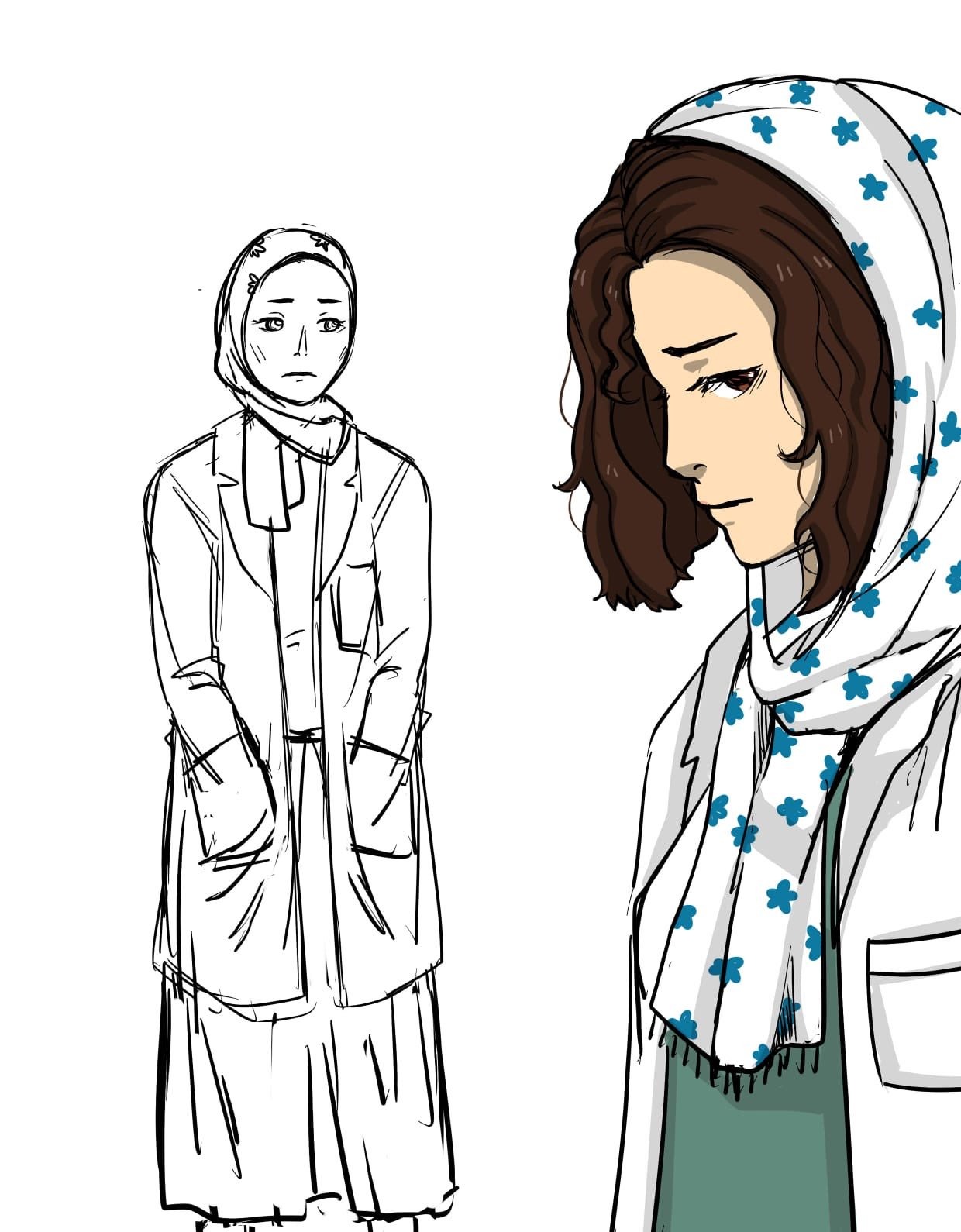Most of us take safety for granted, but safety is not a universal reality, especially in our current world. Zoulfa Katouh’s novel “As Long As the Lemon Trees Grow” is a moving portrayal of survival, love, and resistance during the Syrian civil war. It is a deeply human story told through the eyes of Salama, a young pharmacy student who unexpectedly finds herself amid a revolution and is forced to become a surgeon.
The book does not merely recount the horrors of war—it reveals how war lives inside a person and shapes their everyday reality. It highlights the stark contrast between the comfort of peace and the chaos of conflict. It shows what it means to make impossible choices when your country is falling apart and safety is a rare luxury.
Anxiety, hallucinations, and PTSD dominate Salama’s life. Along with external battles—finding food, clean water, shelter, and physical safety—the book presents her internal struggles. Salama hallucinates a figure she names ‘Khawf‘, the Arabic word for fear. Khawf walks her through the worst-case scenarios, acting as a “safety mechanism,” as she speculates in the novel, used by her mind to scare her into choosing flight in a fight-or-flight situation. But how can a seventeen-year-old abandon her entire life—her home, her past, her family’s graves?
War forces decisions no one should ever have to make. Salama faces them every single day, whether at work in the hospital or her personal life.
Katouh says,
“Fear is a cruel thing. The way it distorts thoughts, transforming them from molehills into mountains.”
One day, Salama meets a boy whose sister she is treating at the hospital. A series of events leads to a bond of faith, trust, and emotional dependence between them. This relationship becomes a rare breath of fresh air for readers. Despite the heartbreak around them, their connection represents resilience and hope in a war-torn city.
When we talk about the mental toll of war, we must understand the severity of the decisions involved. Imagine choosing to let an eight-year-old die because your hospital has no neurosurgeon. Imagine deciding which incubator babies to save because you can only carry a few while fleeing a bombed hospital. War destroys not only buildings, it deteriorates the mental and emotional well-being of entire generations.

Blood, body parts, mutilated children—these images should be enough for the world to stop and pay attention. But they’re not. The world is mostly indifferent. People avoid politics until war knocks on their door.
The novel makes it painfully clear that there are no “correct” choices in such circumstances. For some, staying is an act of bravery. For others, leaving is an act of survival. Salama’s journey is both devastating and empowering because it captures the full emotional storm behind such choices.
Katouh says, “Survivor’s skin is a remorse we are cursed to wear forever.”
Despite the darkness, the book ends with a sense of hope. The lemon trees in the title are more than a plant—it is a powerful symbol. It reminds us that no matter how hostile the world becomes, life continues. The lemon tree stands for home, memory, and resilience. It tells readers that even in the harshest conditions, people can hold on to love, kindness, and strength.
Zoulfa Katouh doesn’t offer an easy resolution or a small enemy. But she does offer resistance—proof that as long as even a seed of it remains, hope is alive. In her words, the oppressor may be powerful, but they are not all-powerful. The story closes not with a victory, but with a quiet promise: survival itself is a form of defiance.
Also Read: Tracing the Blueprint of Life – A Review of The Gene: An Intimate History

Khadija Tariq is a genetics graduate who loves understanding how diseases work at the molecular level and how we can use that knowledge to create better treatments. She was an intern at Scientia Pakistan Science Writing Internship Cohort Three.

